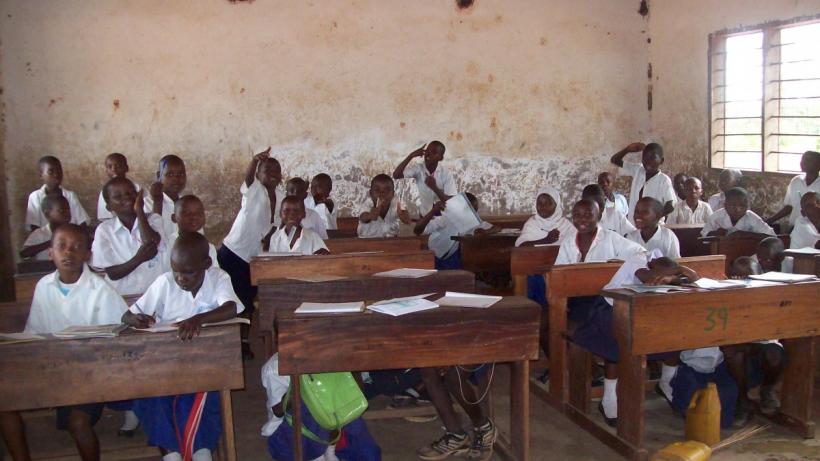
BREAD 2021: Insights on education
The IGC hosted the BREAD Conference on Economics of Africa from 7-9 July and our new blog series explores key findings from research presented during the conference, including the following publicly available papers on education. Some interesting findings are below.
Young people make up most of sub-Saharan Africa’s population, with nearly 500 million children of up to 14 years of age. Education is vital to these children’s cognitive and social development. The COVID-19 pandemic has made schools adopt new methods of remote learning, showing how necessary flexibility and adaptability are to teach children in their formative life stages. The papers below discuss educational innovations to improve test scores, creativity, and gender attitudes.
Finding: Introducing female college student role models to elementary school students in Somalia had a positive impact on girls’ and boys’ attitudes towards gender equality.
Introducing female role models to talk about their journeys to college, challenges, and ways to overcome obstacles with grade 6 students significantly impacted both boys’ and girls’ attitudes towards gender equality in education and the workforce. There is suggestive evidence this positive effect persisted two years later. However, introducing male role models did not have an effect on gender attitudes; and neither female nor male role models had an impact on students’ aspirations to attend college either at the time of the study or two years later.
Learning to teach by learning to learn (Ashraf, Banerjee, and Nourani 2020)
Finding: Training teachers to learn like scientists had dramatic positive effects on the elementary to secondary school exam pass rate in Uganda.
Training teachers how to learn in a way that emphasises participation and inquiry led to them adopting these measures in class. This led to increases in scientific capabilities, student creativity, and standardised test scores – student pass rates in the national primary school progression exam improved from 51% to 75%. Changes were potentially due to teachers becoming more inquisitive and sympathetic, and adopting exploratory and active pedagogical approaches. This was ranked among the top 5% most cost-effective education interventions using a scale measuring education quality across countries.
Finding: When schools closed during the COVID-19 pandemic, “low-tech” SMS messages and calls with parents to support their child’s education can improve learning.
The COVID-19 pandemic forced over 1.6 billion students out of classrooms. Among 4,500 families in Botswana, parents were either sent SMS messages with basic numeracy problems, the SMS and supplemental 15-20 minutes phone calls with instructors, or neither. While parental weekly engagement slightly decreased over the period of the experiment, the amount of time spent on the phone per call became longer, showing effects on household engagement in learning. The combined phone and SMS student group had statistically significant learning gains in numeracy, place value, and solving fractions. SMS alone did not have an effect.
Disclaimer: The views expressed in this post are those of the authors based on their experience and on prior research and do not necessarily reflect the views of the IGC.

